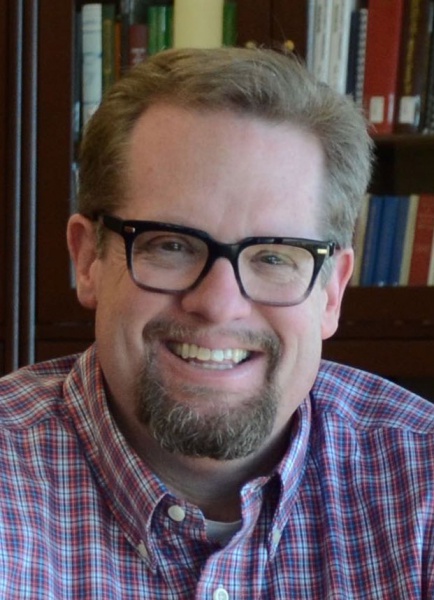Charitable choice, the direct government funding of religious organizations for social service work, was designed to maintain the freedom of religious charities from excessive interference while allowing them to work for the public good. Yet the Obama administration is looking to draw sharper lines on church-state interaction and to eliminate the ability of faith-based groups to hire only those who believe as they do.
Erecting a higher barrier between church and state may satisfy some forces in the culture wars, but it is an unnecessary move that will prevent much good from being done.
In the early to mid 1990s, a book by David Osborne and Ted Gaebler titled Reinventing Government: How the Entrepreneurial Spirit is Transforming the Public Sector, briefly dominated American politics. The big idea behind this wonky manual for public policy reform was that government is competent at deciding what should be done, but is substantially less good at figuring out how to do it. So, the strategy should be to define outcomes and then be open to creative solutions for how to achieve them. Those creative solutions could include contracting out with corporations and charities. Government would provide the goal, but beyond that private entities would have the latitude to figure out the best way to achieve it.
Part of the logic of Reinventing Government was that monolithic government agencies and programs were of a piece with the industrial New Deal era and that we, as a budding information society, were ready to move on to faster, more flexible, less control-oriented solutions. The book was a hit. Just as soon as Bill Clinton took office, Vice President Al Gore was given the assignment of applying the book’s principles to the federal bureaucracy.
When Congress included charitable choice provisions designed to smooth the path of government funding for religious social service providers in late 1990s welfare statutes, the move fit the spirit of the decade. Decentralization and openness to private approaches for public goals made sense. Acute observers might have noted the resemblance of the attitude to the notion of subsidiarity in Catholic social thought.
The potential fly in the ointment has been that religious entities (primarily Christian ones) conduct a large portion of the charitable activity in the United States. On the straight logic of decentralization and effectiveness, that should make little difference. But matters of church and state are flashpoints in the culture wars. Secularists worry that government funding will encourage the growth and persistence of religious institutions they wish would hurry up and fade away.
The key problem with the Obama administration’s intent to secularize the operation of religious charities is that there is no work from these charities without employees who share the spiritual and temporal mission. Neither will time-tested methods, which count on spiritual exhortation and reformation, be able to deliver their goods. The entire reason groups like Prison Fellowship can be more effective in preventing recidivism by offenders is that they address the spiritual person rather than the merely material person.
It is true that religious charities will continue to operate and do good for their communities without government assistance. Should the new Justice Department crack down on spiritual affinity and spiritual content, though, the scale of the benefit that can be achieved will be substantially reduced. The question is whether a particular view of church-state interaction should prevent the expansion of programs that may be more successful in helping Americans than their secular and/or governmental counterparts.
Part of the problem stems from the way we use the word “secular.” To us, “secular” means “without God” or “without reference to religion.” The word secular has taken on that meaning the same way liberalism has become synonymous with left-wing collectivism, instead of carrying the word’s more classical association with freedom. The solution to the problem may be to reinvent secularism, or at least to rediscover another meaning for it.
If we look to earlier historical usage, then we discover a more helpful definition of the secular. Secular once meant “in the world.” Using this definition, we could then ask whether the work of a religious charity results in any good “in the world.” Thus, if a ministry like Prison Fellowship can demonstrate effectiveness in its purely voluntary program for prisoners at a state penitentiary, then it should qualify for government funding. Why should Prison Fellowship or another worthy ministry qualify for “secular” funding? Because these have proven they produce “secular” goods like reduced recidivism.
Deciding what is secular and what is not – using the above framework – should make the decision to fund faith-based charities easier for policymakers concerned with religio-political implications. They need not destroy the spiritual distinctiveness of religious institutions in order to sustain charitable operations and reap a public benefit. There are good, principled rationales for easing the barrier between public welfare and private charity, even when that charity operates on a religious basis. Whether religious organizations wish to court the danger of government influence by accepting such funds is another question.



